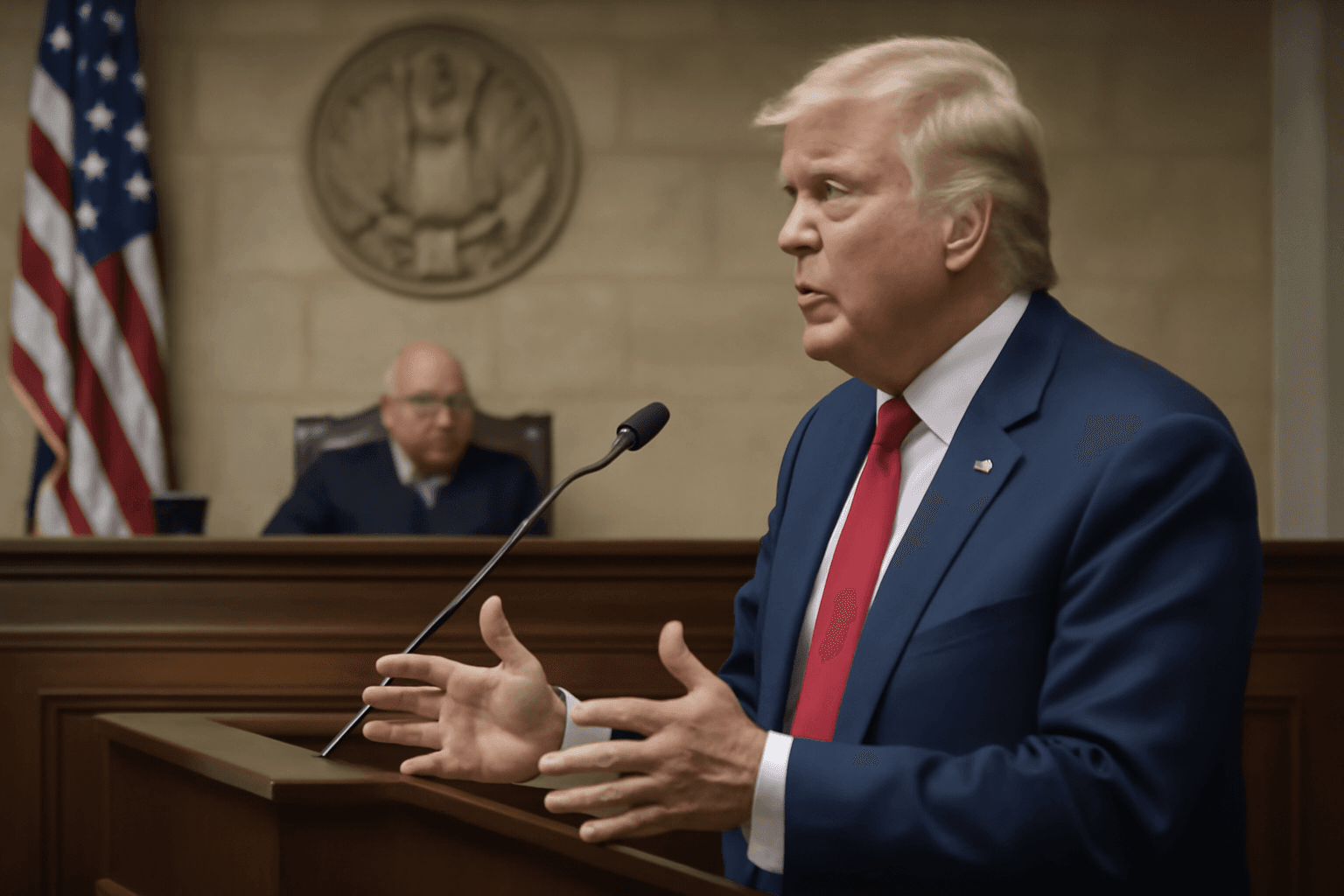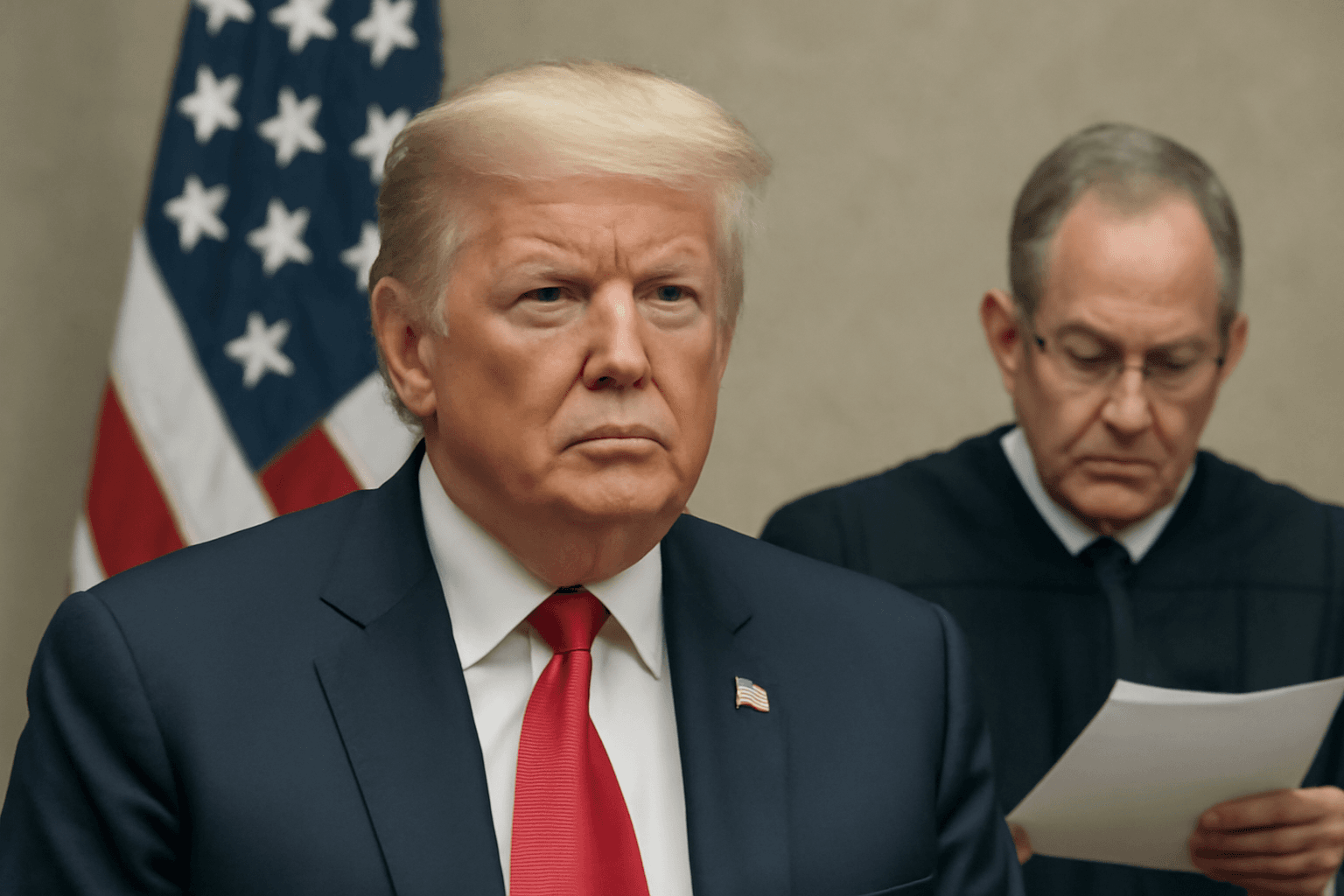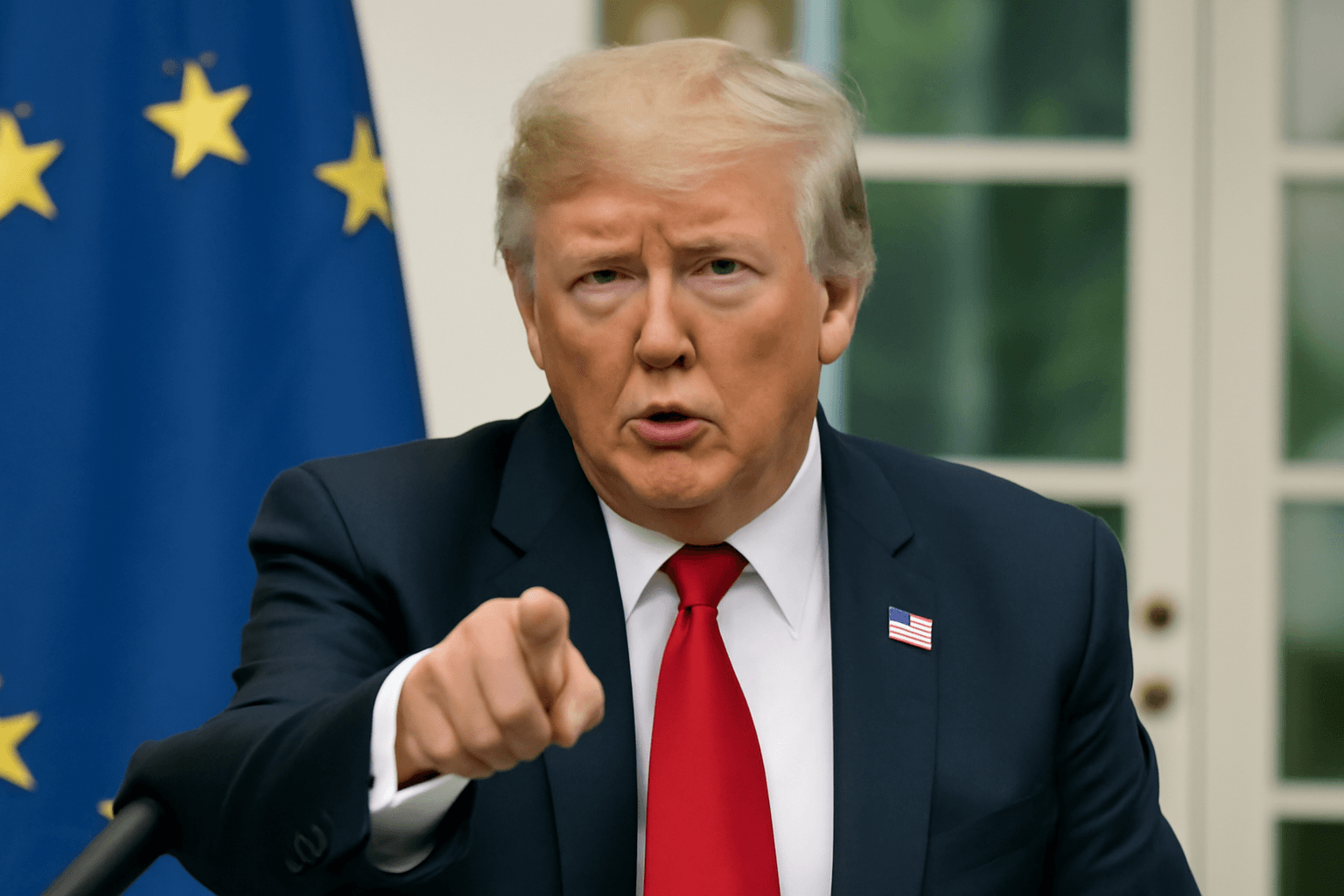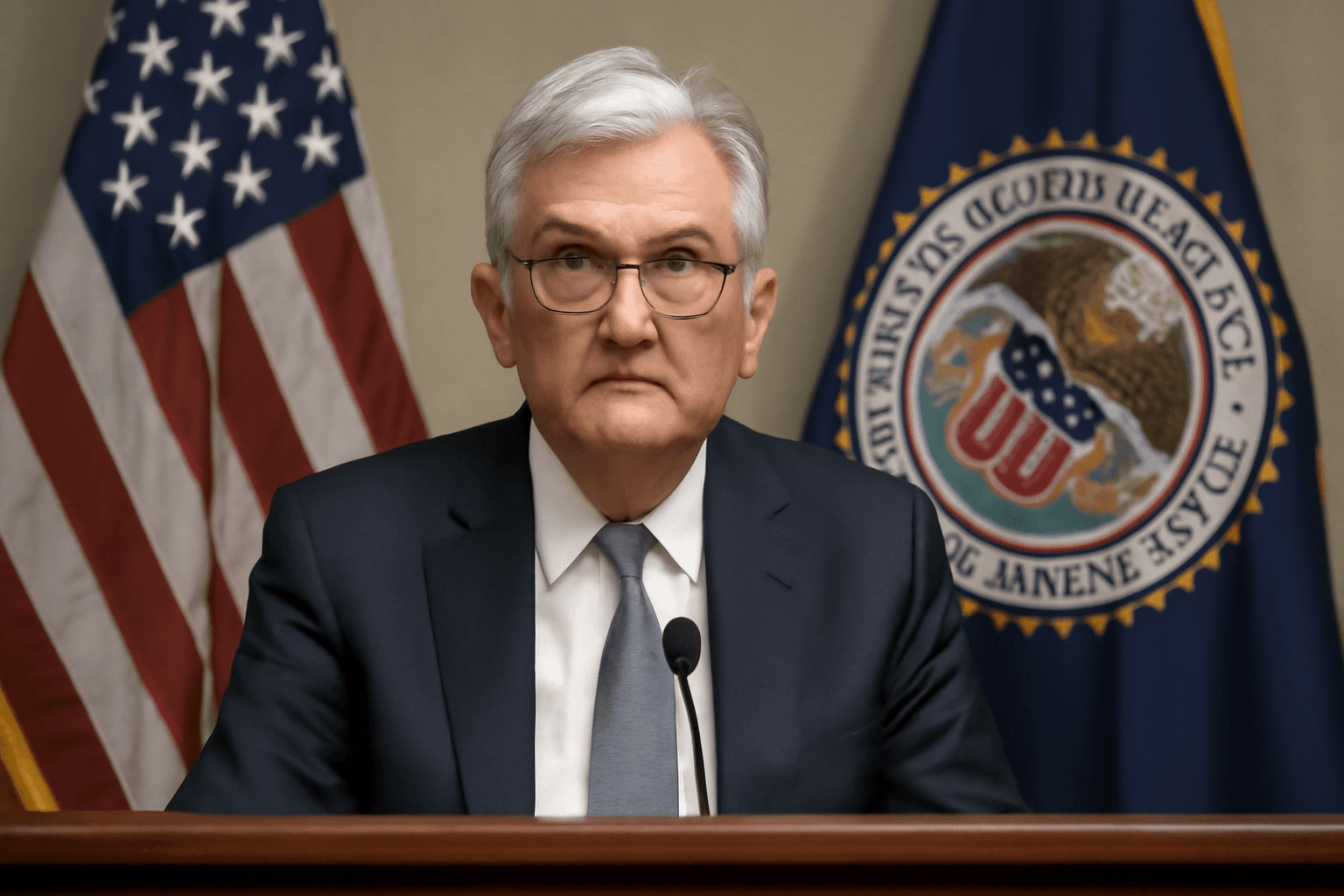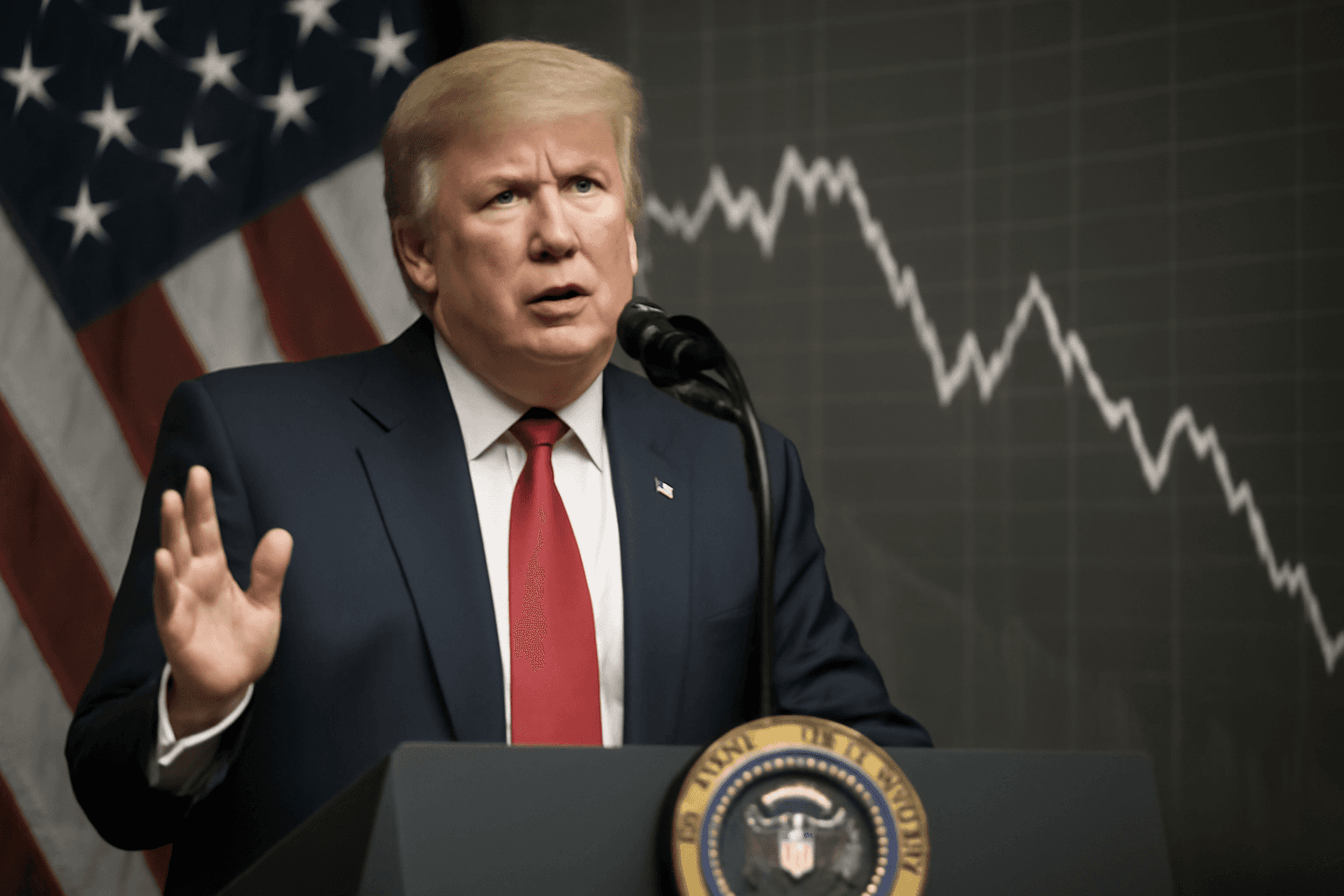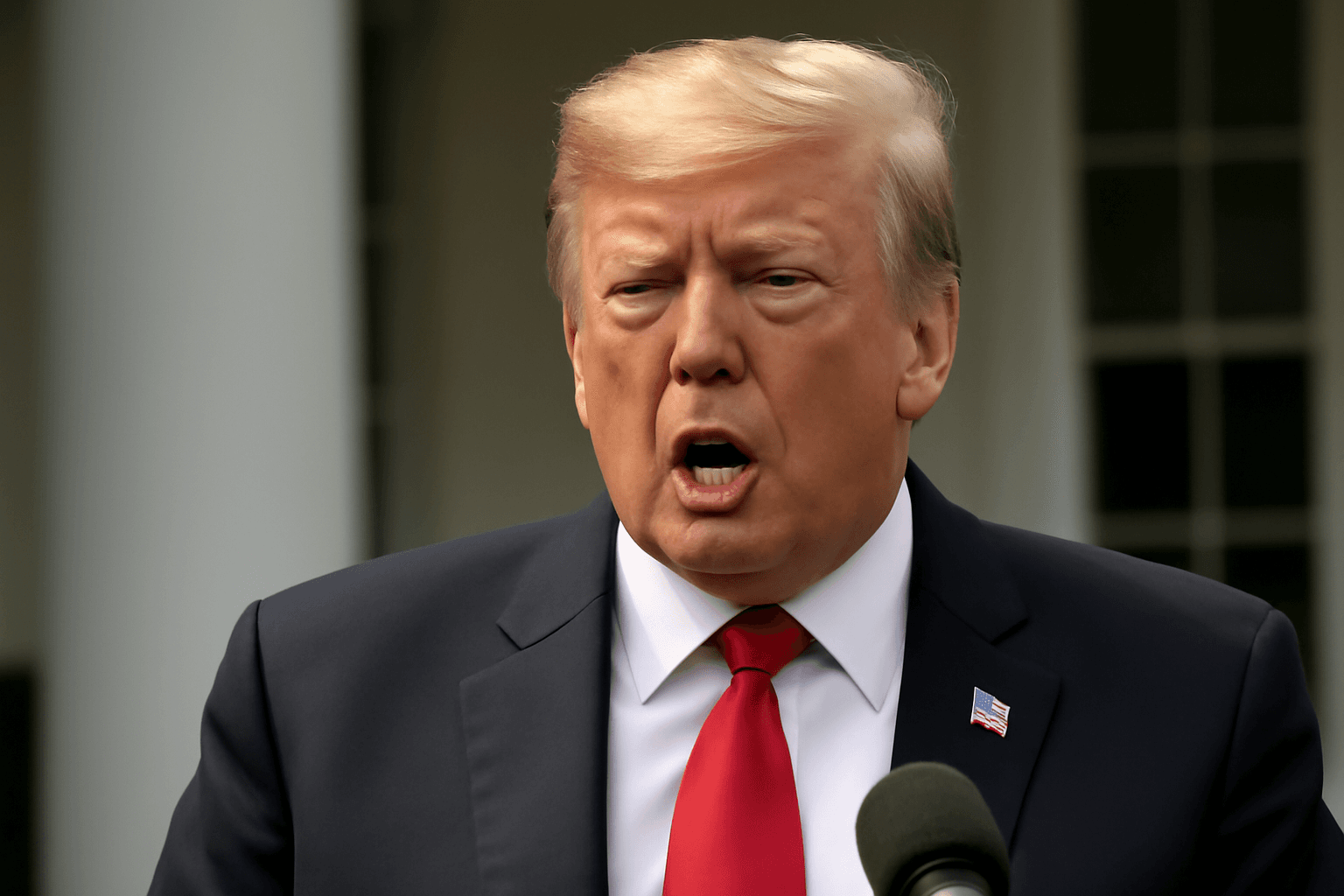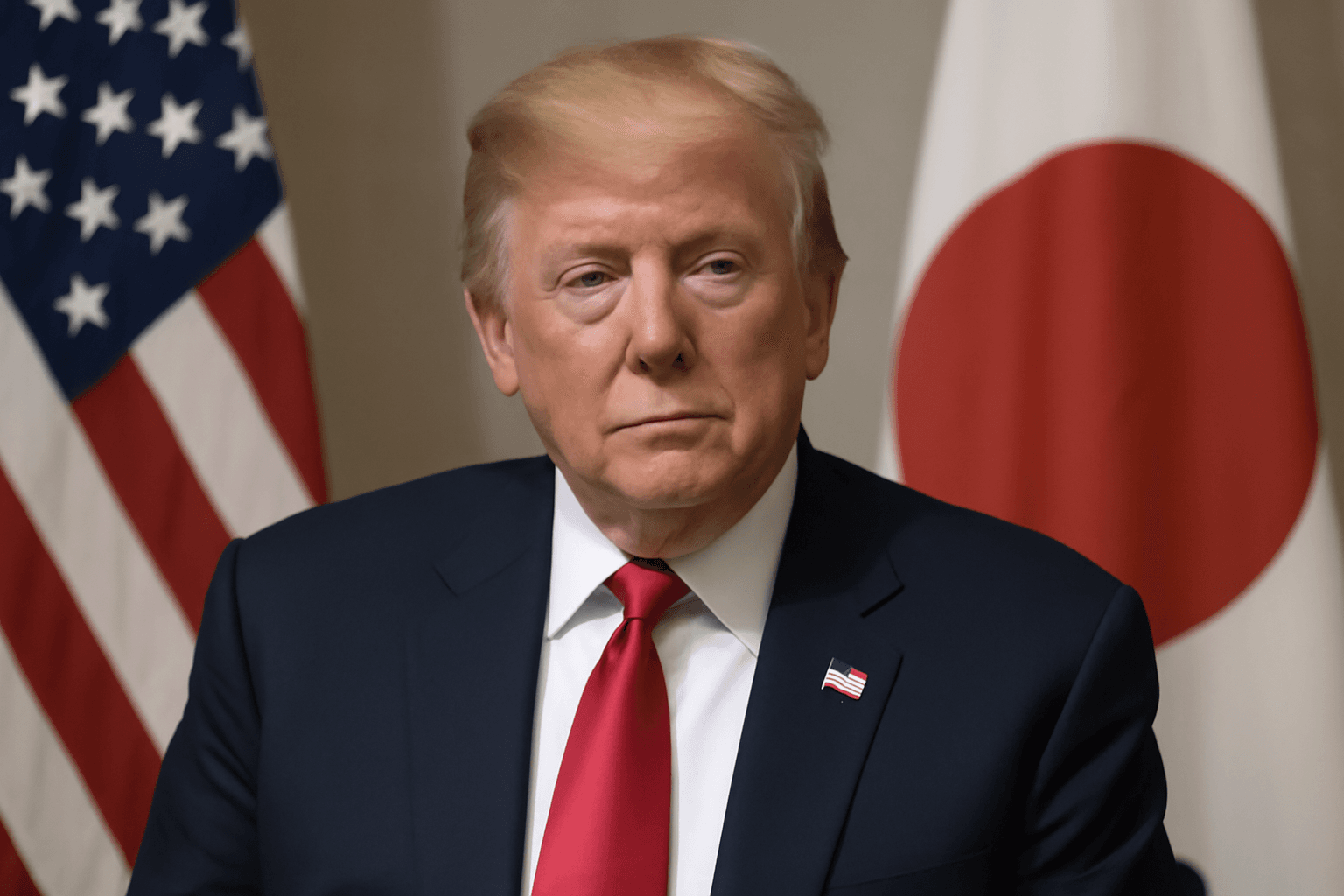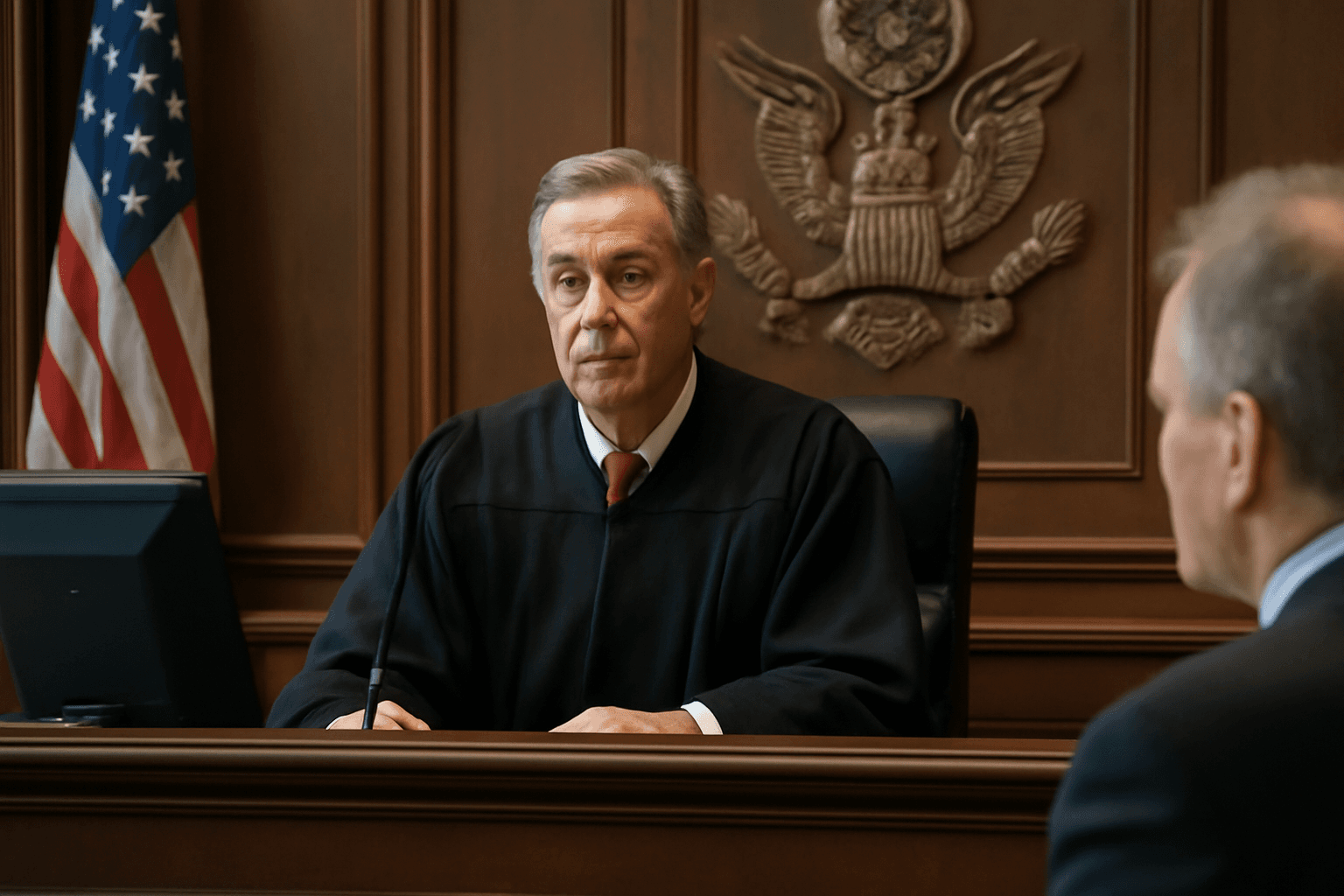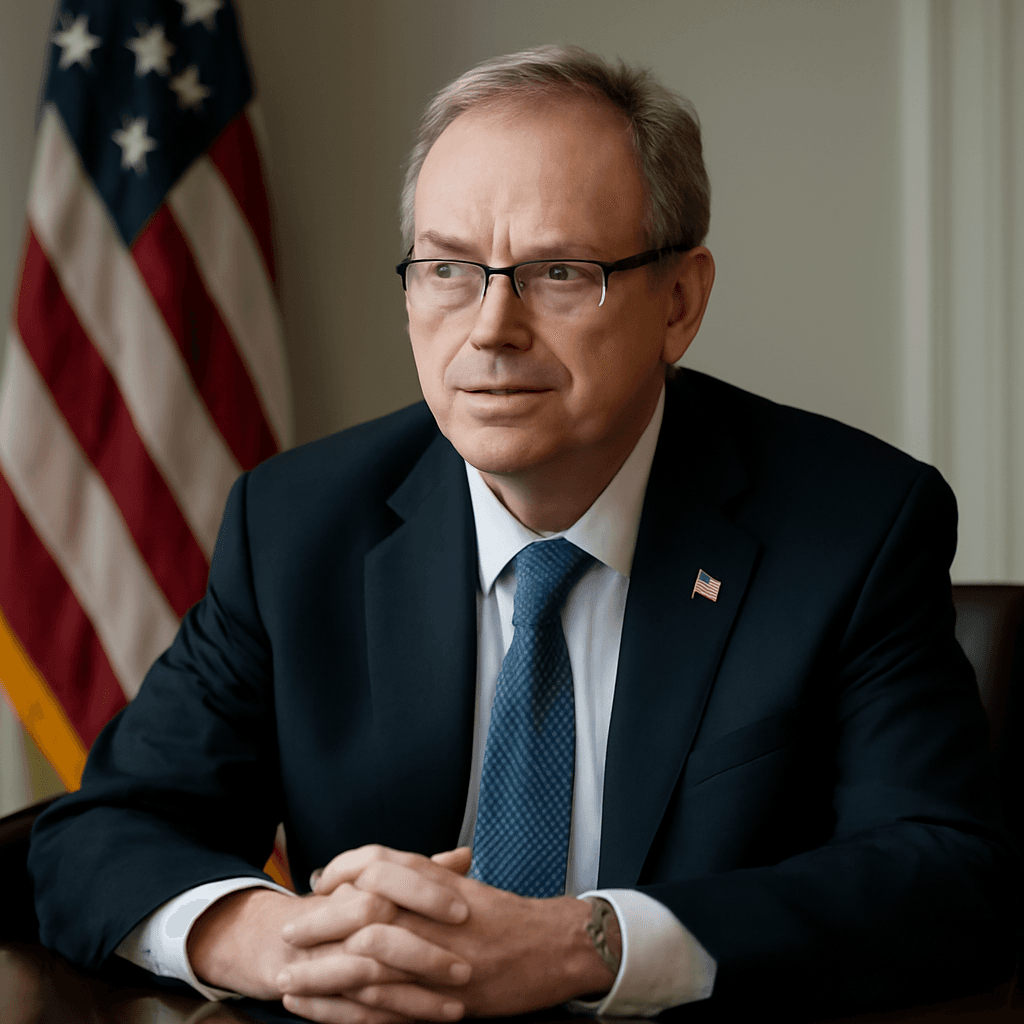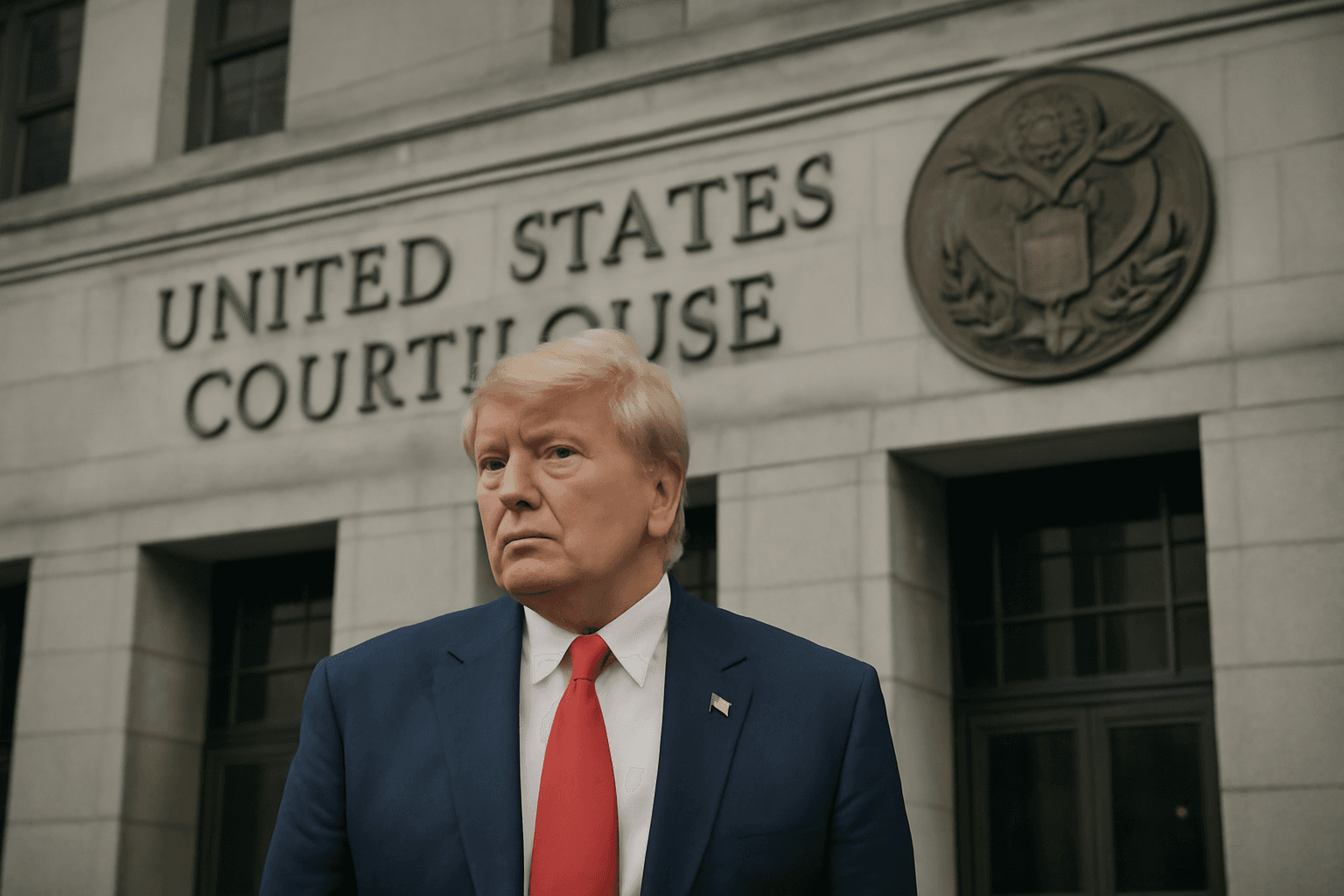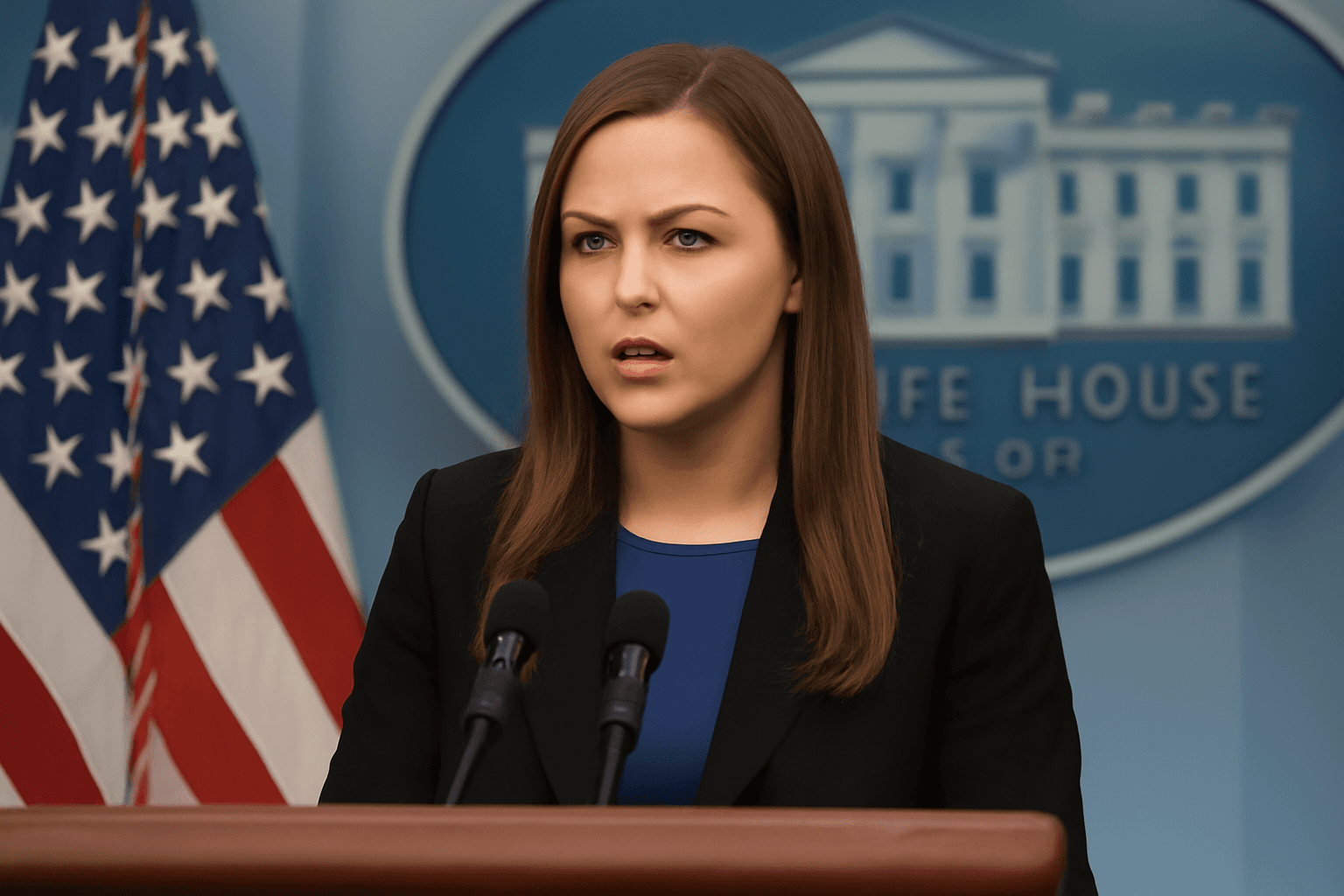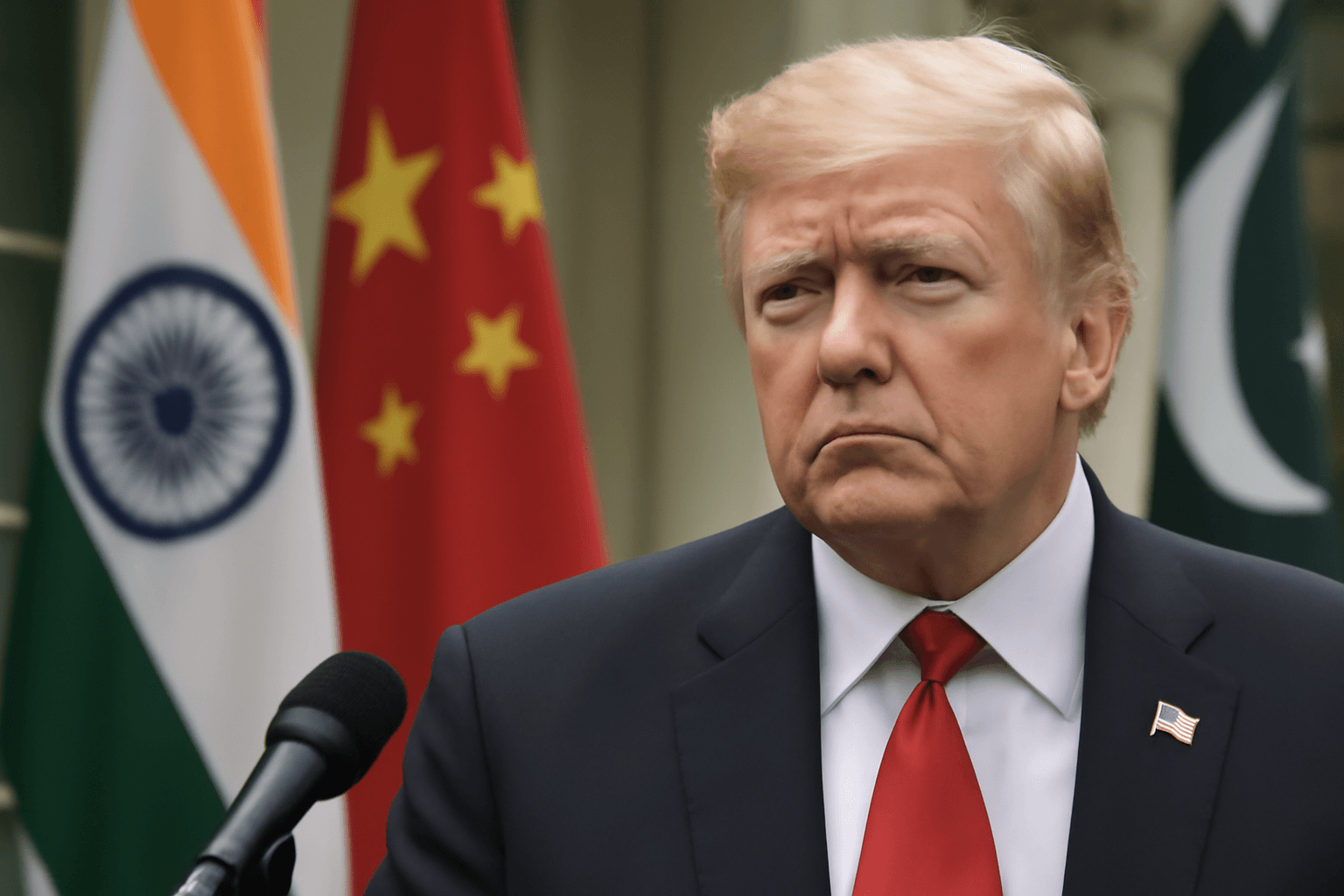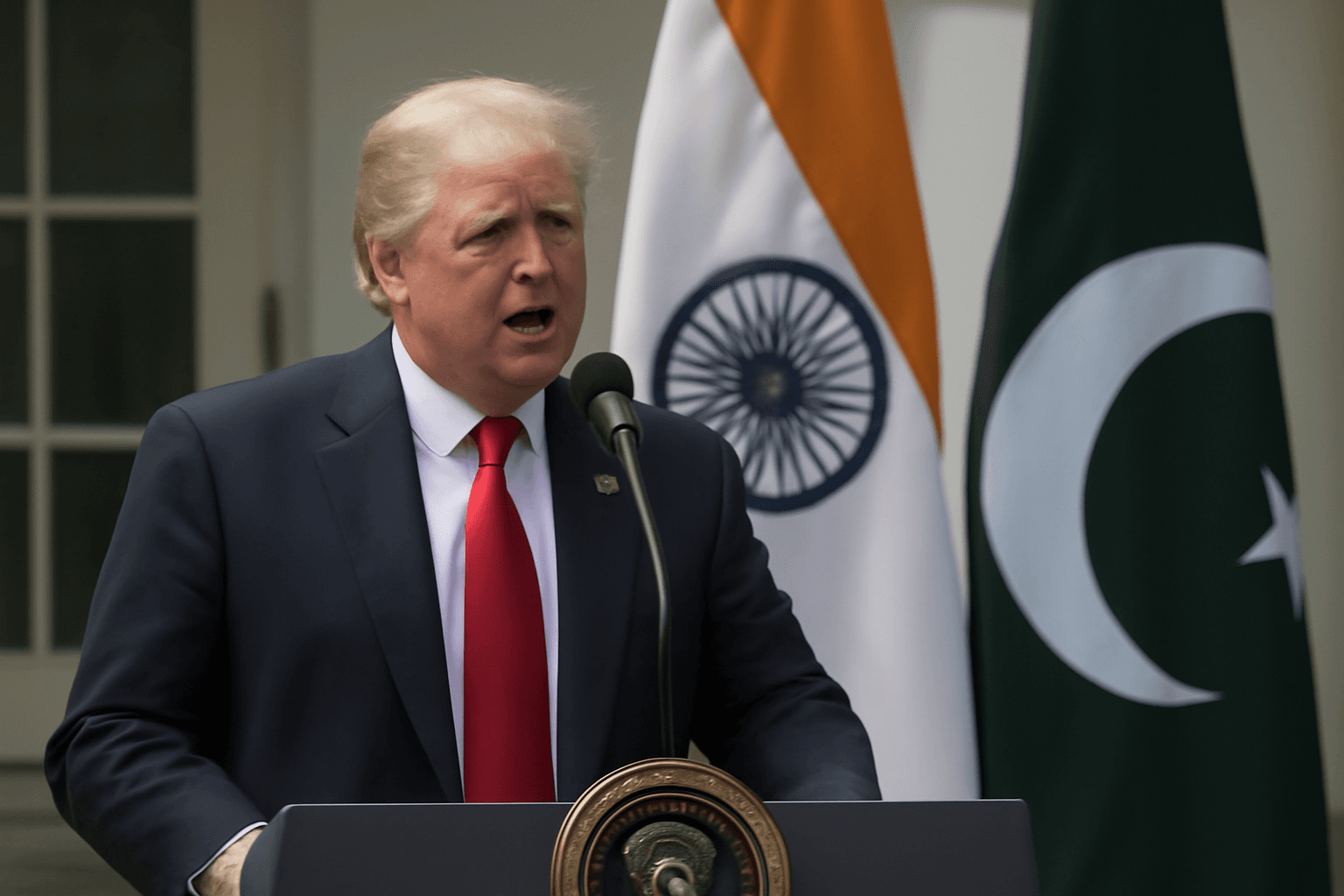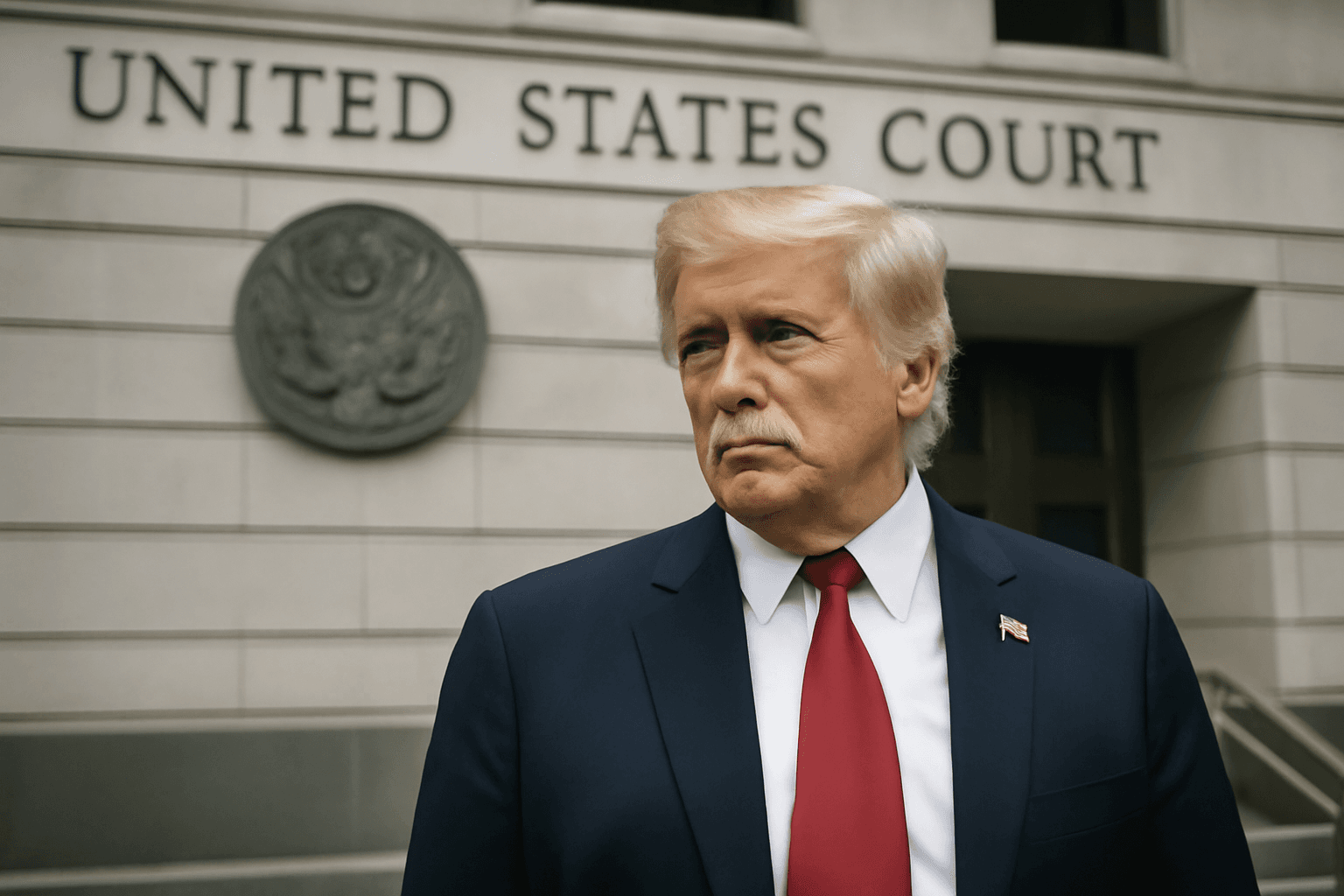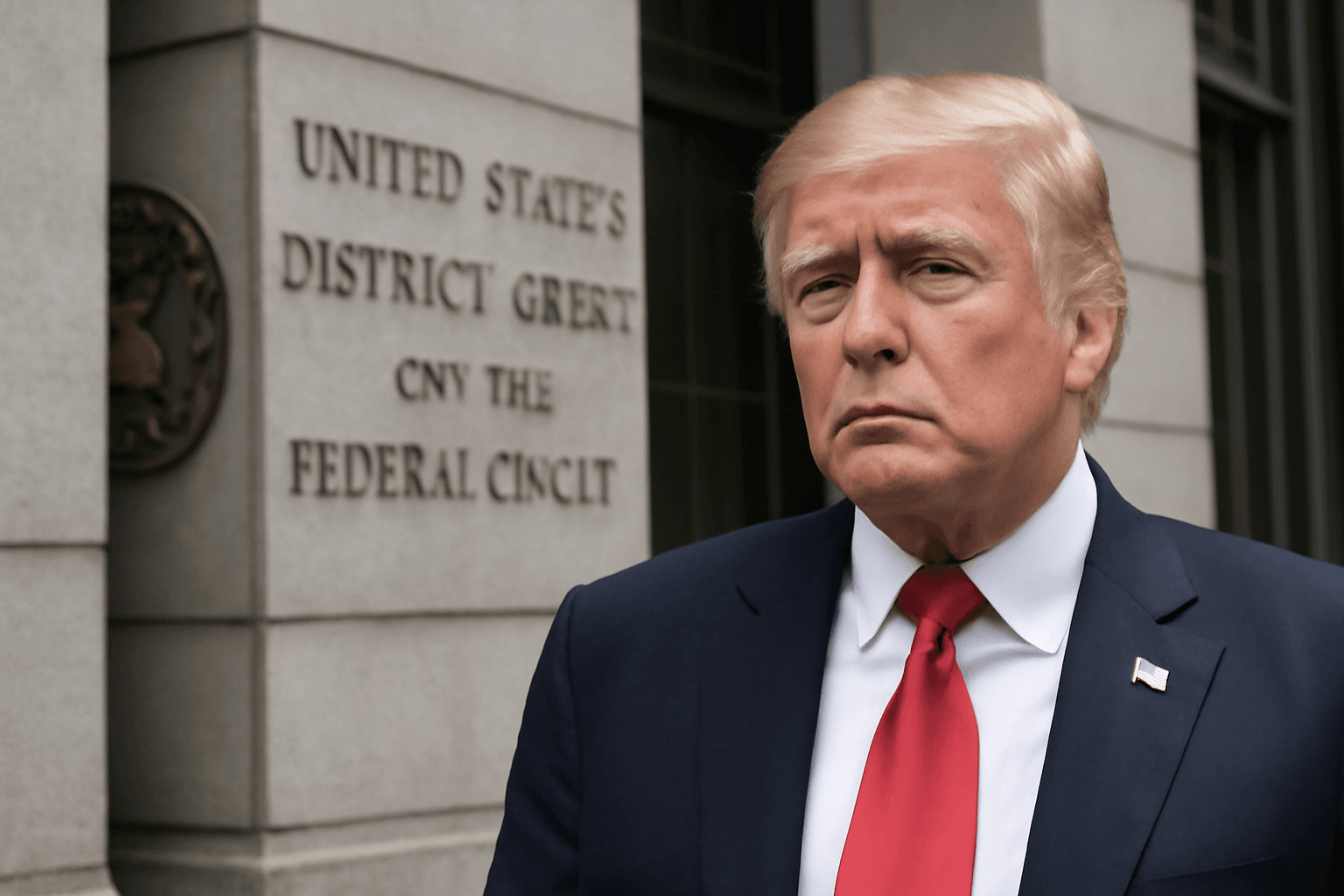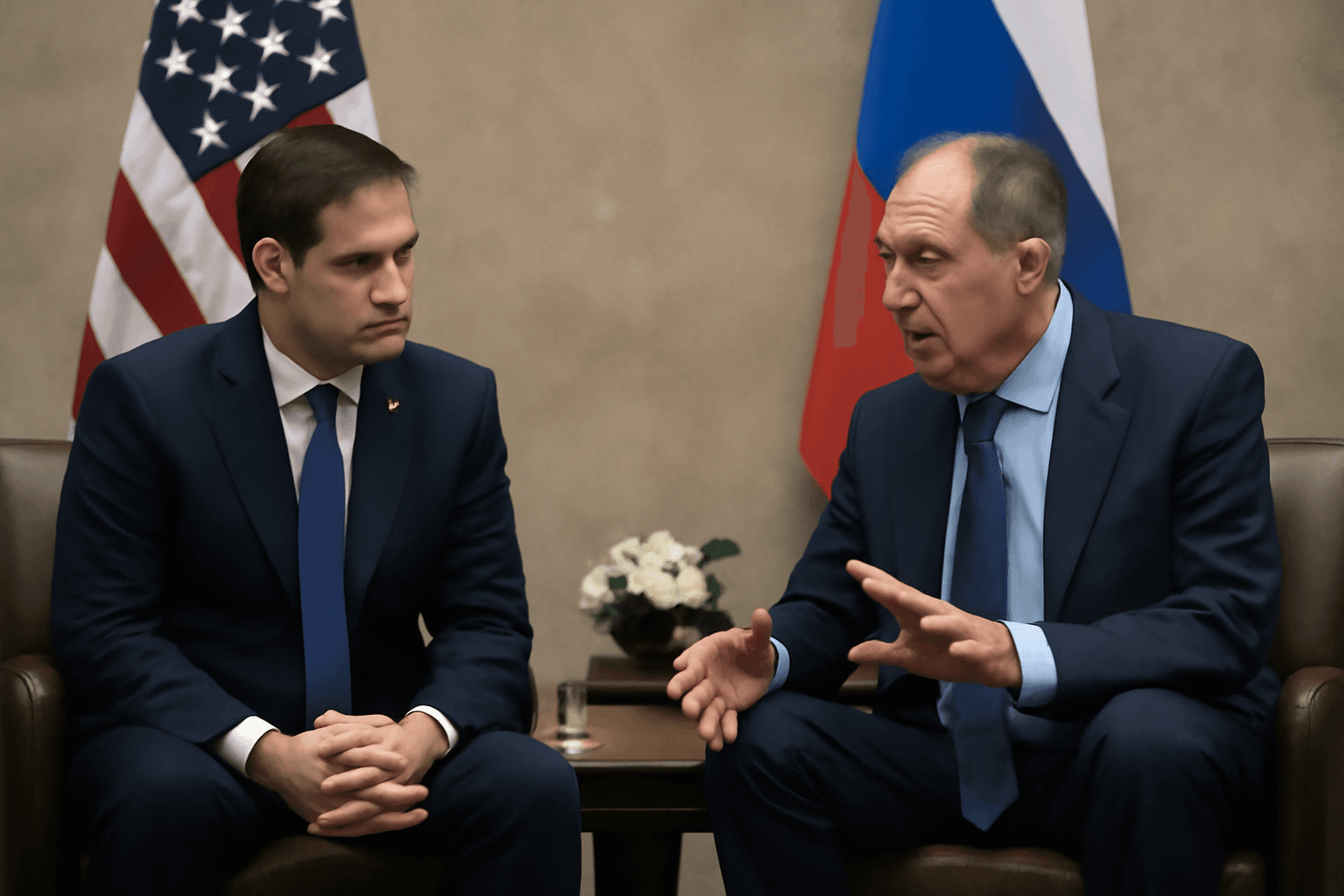On May 28, 2025, a U.S. trade court ruled that President Donald Trump exceeded his authority by invoking the International Emergency Economic Powers Act (IEEPA) to impose broad tariffs on imports from multiple countries. The court ordered a permanent injunction against most of these tariffs and prohibited any future modifications. The ruling presents a significant obstacle to a cornerstone of the Trump administration's trade policy.
The Manhattan-based court granted the White House 10 days to formalize the suspension of the tariffs, prompting a swift appeal from the administration.
Economic Implications and Potential Workarounds
Economists at Goldman Sachs indicate that while this ruling is a setback that introduces uncertainty, the administration has several legal mechanisms it might pursue to maintain tariff measures temporarily.
Goldman Sachs analysts explained that the decision blocks the 10% baseline tariff imposed across most imports, including additional tariffs targeting China, Canada, and Mexico. However, it does not affect sector-specific tariffs such as those on steel, aluminum, and automobiles.
Alternative Legal Authorities for Tariffs
The administration could leverage other statutory provisions, including:
- Section 122 of the Trade Act of 1974: This provision allows the president to impose tariffs without a formal investigation, offering a swift alternative. Tariffs under this section could reach up to 15%, but they would automatically expire after 150 days unless Congress enacts further action.
- Section 301 of the Trade Act of 1974: This avenue allows the launch of investigations into unfair trade practices. Though a thorough investigation process is required, it could lay the groundwork for imposing tariffs in the medium term.
- Section 232: Existing tariffs based on national security concerns can be expanded to other sectors beyond steel, aluminum, and autos.
- Section 338 of the Trade Act of 1930: This provision permits tariffs up to 50% against countries discriminating against U.S. products, although it has not been previously employed.
Legal Perspectives and Supreme Court Considerations
James Ransdell, partner at Cassidy Levy Kent law firm, described the ruling as the first substantive federal court opinion addressing the core legal challenge against the tariffs amid multiple pending cases. He noted the unusual rapidity of the Trump administration's appeal, suggesting urgent efforts to obtain an emergency stay from the courts.
Ransdell highlighted the possibility that the Supreme Court could ultimately decide the issue, given the novelty and limited precedent surrounding the statute in question.
Similarly, Steven Blitz, chief U.S. economist at TS Lombard, observed that the administration likely intends to seek an emergency Supreme Court appeal, aiming to maintain the tariffs during ongoing litigation. He emphasized that the legal system serves as a critical check in upholding constitutional governance against unilateral executive actions.

